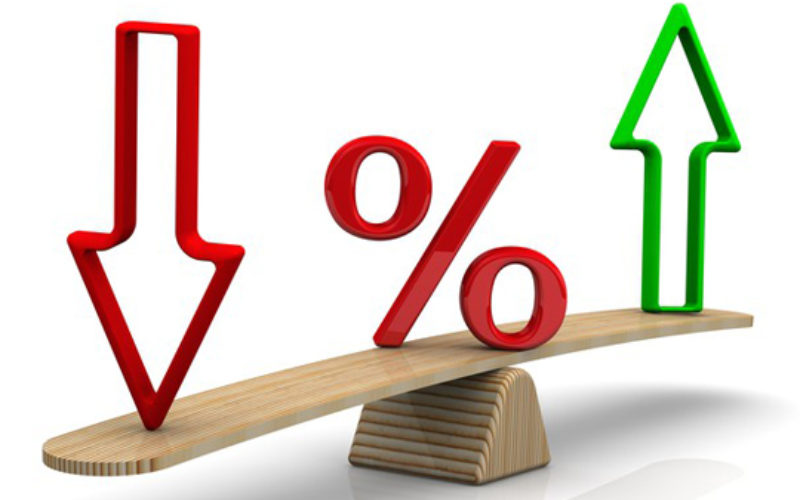How do interest rates affect your monthly repayments?

Interest rates represent the cost of borrowing as well as a form of earning a profit for lenders. In South Africa, they are typically set by the Reserve Bank.
If the repo rate increases, then banking institutions will raise their interest rates too. If you are paying a home or car loan off, this is bad news. Your monthly repayments will increase as a result, leaving less discretionary income.
Raising or lowering them can either slow spending down or stimulate the economy.
When you apply for a loan, you can choose between either a fixed or variable interest rate. If it is fixed, then your monthly repayments remain the same. If they are linked to the prime lending rate, then your repayment fluctuate according to the rise and fall of this rate. This means that you have less of a chance to predict what your repayments will be.
A benefit of choosing a fixed rate is that repayments will be consistent, while with the other option, if it continues to drop, then you will end up paying less. Even if they spike, you can get ahead of this by planning ahead. By paying more than what you owe for the month, can give you some breathing room.
Interest rates charged on loans are also typically as a result of your creditworthiness. As a borrower, if you have a low rate chances are that this is because of being a low-risk to credit providers. It may also be as a result of having a credit score that is exceptional. If you extend the term of your loan, it ultimately leads to a larger loan amount paid in total, owing to the interest.










